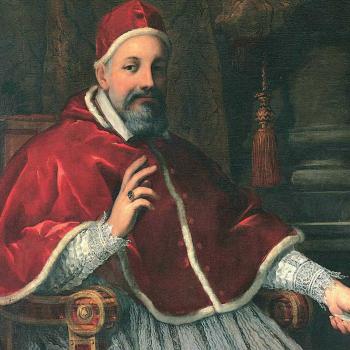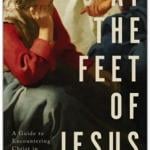First Things, the magazine, has a fascinating article on conservative champion Russell Kirk, who would have turned 90 on October 19. Excerpt:
The problem Kirk faced, along with most conservatives, was that the Enlightenment, with its universalizing equality, secularism, and blinkered rationality, was already destroying traditional Western culture. How can a tradition be preserved if it is already dissolving into what theorist Zygmunt Bauman called “liquid modernity?”
Kirk’s answer was twofold. First, he uncovered (some would say, “created”) a counter-tradition, one that rested not on the rationalism of the Enlightenment, the ideological fervor of the French Revolution, or the modern vogue for limitless “rights.” Rather, it began with Edmund Burke’s defense of the lived experience of Britain as a bulwark of liberty and the protection of rights. Moreover, Kirk claimed that this tradition connected Britain and America, and included such varied figures as Samuel Taylor Coleridge and John Henry Newman, Orestes Brownson and Benjamin Disraeli, Irving Babbitt and Paul Elmer More, John Adams and W.H. Mallock. . . .
As early as the 1950s, he had become convinced that liberalism would exhaust itself because it could not inspire and sustain what he called the “moral imagination.” For conservatives to buy into its premises would seal their defeat. Something else would replace liberalism eventually, and Kirk offered a richly imaginative vision of conservatism that could survive liberal modernity’s collapse. One element of that vision was a revived respect for religious faith.
As early as 1982, in an essay for National Review, Kirk suggested that “the Post-Modern imagination stands ready to be captured. And the seemingly novel ideas and sentiments and modes [of postmodernism] may turn out, after all, to be received truths and institutions, well known to surviving conservatives.” He went so far as to state that he thought that it “may be the conservative imagination which is to guide the Post-Modern Age.” (One of the earliest uses of the word postmodern was by the conservative Episcopalian cleric Bernard Iddings Bell, in a book of that title published in 1926; not surprisingly, Bell was an early influence on Kirk.)
Kirk had little patience for the trendy radicalism and sometimes simply nonsensical expressions of postmodern hacks. Nonetheless, he saw in postmodernism a chance to escape the strictures of liberalism and reconnect with the older, pre-Enlightenment tradition of the West. This approach has its weaknesses–Kirk, for example, too often simply assumed the existence of historical continuity, and perhaps did not sufficiently confront the corrosive effects of liberalism on the kinds of social forces he believed could sustain tradition. Nevertheless, his work stands as a stark alternative to a much bleaker postmodern future.
This is not the same as “postmodernISM,” of course, just a different way of taking advantage of the collapse of modernism. I fear though that we are on the verge of something beyond postmodernism, a new age of aggressive certainty in a completely different direction.
















